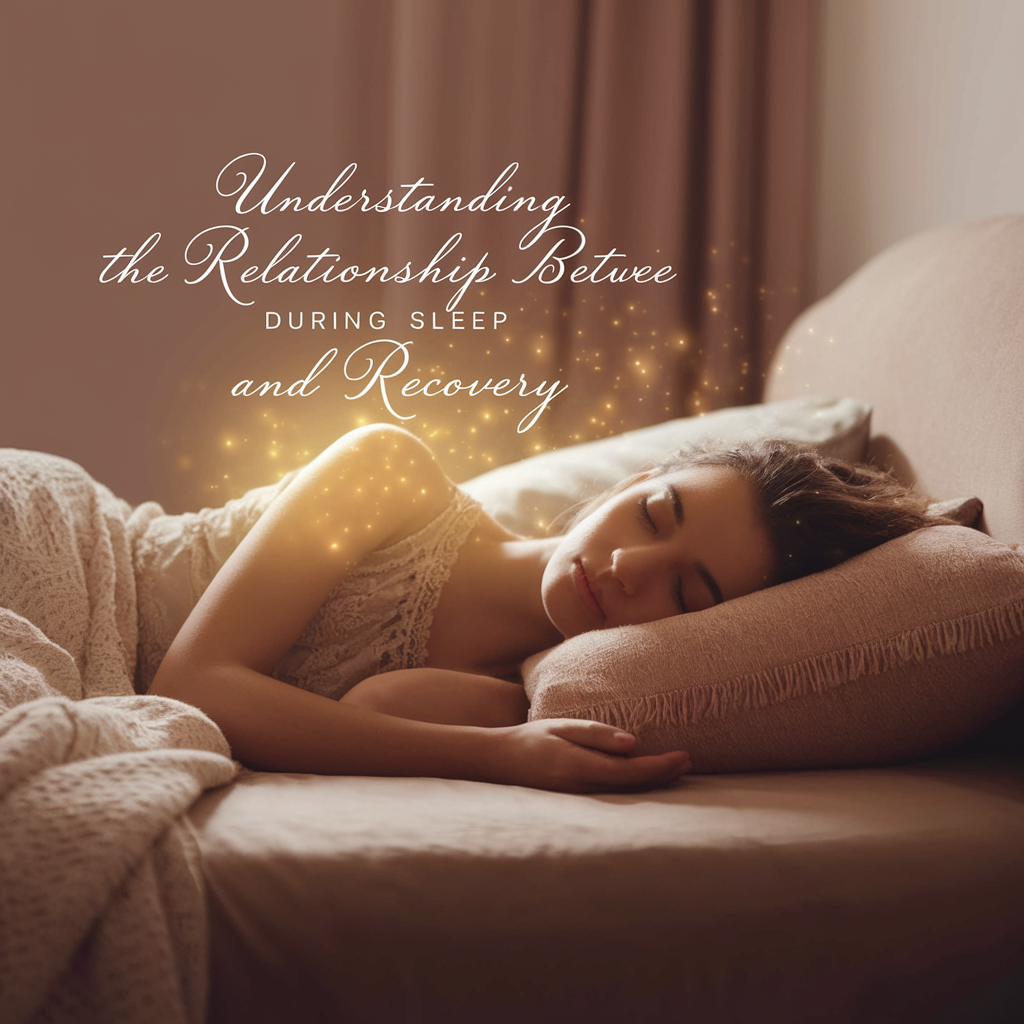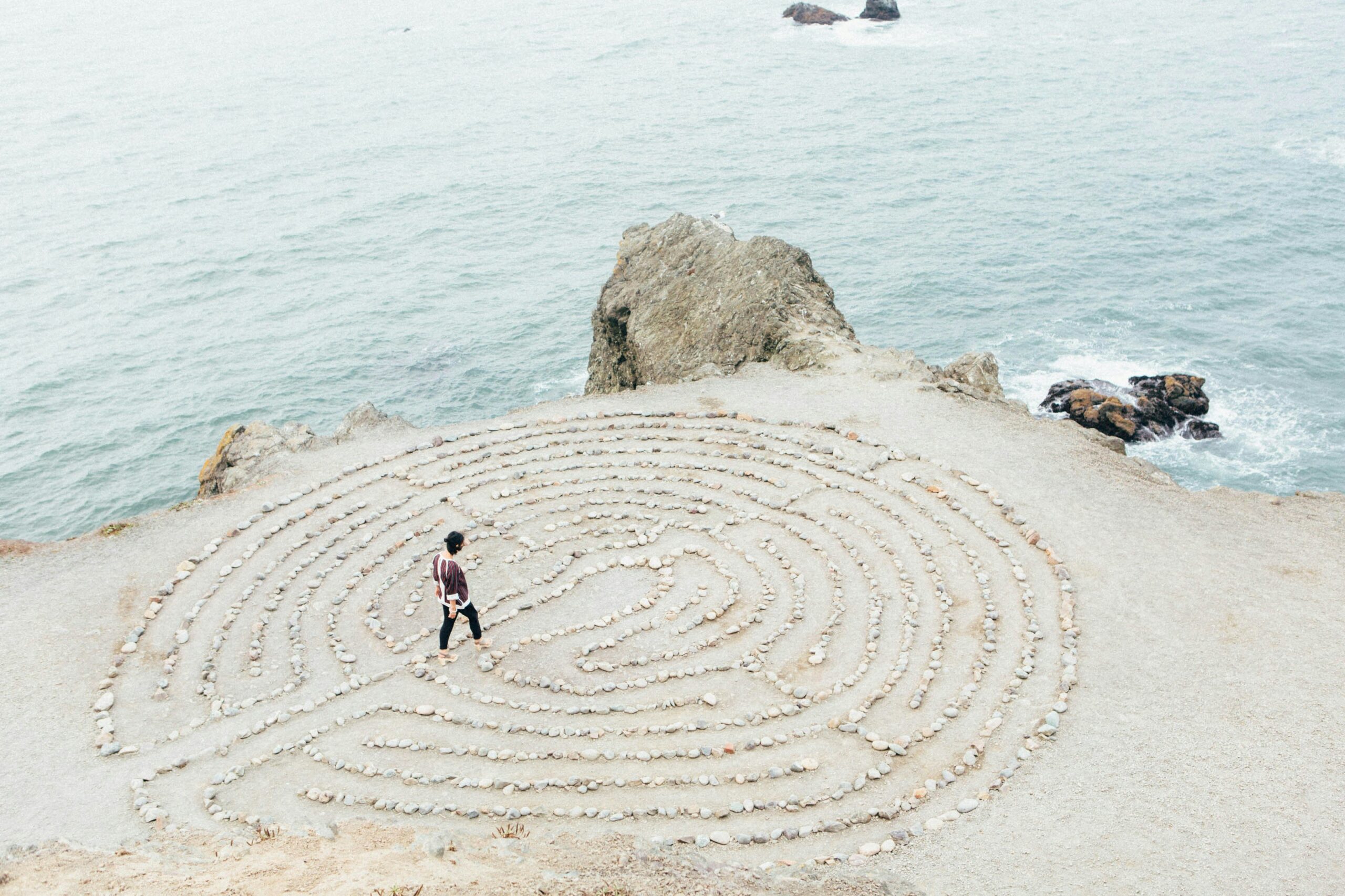Understanding the Relationship Between Sleep and Recovery
Have you ever noticed how, after a solid night’s sleep, everything seems a bit more manageable? It’s as if the world transforms from a chaotic jumble into something resembling order—at least for a few hours. But what about when it comes to recovery? Whether you’re an athlete, a fitness enthusiast, or just someone trying to cope with daily life, understanding the intricate relationship between sleep and recovery is crucial.
The Science of Sleep: Why It Matters
Before diving into how sleep aids recovery, let’s take a moment to appreciate what sleep actually is. It’s not just a state of rest; it’s a complex biological process that is vital for mental and physical health. During sleep, our bodies go through various stages, including REM (Rapid Eye Movement) and non-REM sleep, each playing unique roles in recovery.
For instance, during non-REM sleep, particularly in deep sleep stages, our bodies engage in cellular repair, muscle growth, and the release of growth hormones. This is when the body gets down to serious recovery business. Meanwhile, REM sleep supports cognitive functions, emotional regulation, and memory consolidation. You see, sleep isn’t merely a luxury; it’s a necessity. (I remember the first time I pulled an all-nighter in college—I thought I could handle it, but the next day was a total disaster.)
Sleep Deprivation: A Recipe for Disaster
Imagine you’re training for a marathon. You’ve got your running schedule, your nutrition plan, and your favorite playlist ready. But then you decide to skimp on sleep. What happens? A significant number of studies indicate that sleep deprivation can lead to decreased performance, impaired judgment, and slower reaction times. It’s like trying to run a race with a flat tire—no matter how strong your legs are, you won’t get far.
Dr. Michael Breus, a clinical psychologist and sleep specialist, often highlights the importance of sleep in athletic performance. “Sleep is the single most effective recovery tool you have,” he says. “It’s when your body repairs itself.” If you’re out there running on fumes, you’re not only risking fatigue but also increasing the likelihood of injuries. Oh, the dreaded shin splints. They can hit like a ton of bricks!
The Hormonal Connection
One of the fascinating aspects of sleep is its impact on hormones. When we sleep, our bodies regulate hormones that are crucial for recovery. Cortisol, known as the stress hormone, tends to spike when we lack sleep. This increase can lead to muscle breakdown, making recovery more challenging. On the flip side, sleep helps regulate testosterone and growth hormone levels, both essential for muscle repair and growth.
Let’s not forget about leptin and ghrelin, the hormones that control hunger. Poor sleep can lead to imbalances here, making it harder to stick to that meticulously planned diet. (I can’t count how many times I’ve reached for that extra slice of cake after a sleepless night!)
Sleep and Immune Function
Another vital aspect of recovery is the immune system. A well-rested body is a fortified fortress against illness. It’s no coincidence that people who get less sleep tend to catch colds more easily. Research shows that sleep deprivation can lead to a decrease in the production of protective cytokines, which are essential for fighting off infections. So, in addition to feeling sluggish, you might also find yourself reaching for tissues more often.
Additionally, sleep helps regulate inflammation in the body. Chronic inflammation can lead to a host of problems, including longer recovery times and increased risk of injury. So, if you’ve been feeling a bit under the weather or are recovering from an injury, consider prioritizing those Z’s. Your body will thank you.
Practical Tips for Better Sleep
Now that we’ve established the importance of sleep in recovery, let’s talk about how to improve your sleep quality. After all, it’s not always as simple as just hitting the pillow and counting sheep.
- Create a Sleep Schedule: Going to bed and waking up at the same time every day can help regulate your body’s internal clock. Consistency is key.
- Limit Screen Time: The blue light emitted by phones and computers can interfere with melatonin production, making it harder to fall asleep. Try to disconnect at least an hour before bedtime.
- Mind Your Diet: Avoid heavy meals, caffeine, and alcohol close to bedtime. They might seem tempting, but they can disrupt your sleep cycle.
- Establish a Relaxing Routine: Whether it’s reading a book, taking a warm bath, or practicing mindfulness, find what helps you wind down.
- Optimize Your Sleep Environment: Make sure your bedroom is dark, quiet, and at a comfortable temperature. A good mattress and pillows can make all the difference.
Incorporating these tips might not lead to instant results, but over time, you’ll likely notice improvements in both the quality of your sleep and your recovery.
The Role of Naps
Let’s take a moment to talk about naps. There’s something undeniably luxurious about taking a quick snooze in the middle of the day. But do they actually help with recovery? The short answer is yes—if done right. A study published in the journal Sleep found that short naps of around 20-30 minutes can enhance alertness and cognitive performance without leaving you feeling groggy. (I still remember that one time I napped for two hours, only to wake up disoriented and unsure of what year it was.)
However, if you find yourself napping for extended periods or late in the day, it can interfere with your nighttime sleep. So, if you’re planning to catch some Z’s, keep it short and sweet.
Recovery Beyond Sleep: The Holistic Approach
While sleep is a cornerstone of recovery, it’s essential to remember that it’s part of a broader picture. Nutrition, hydration, and physical therapy all play significant roles as well. It’s a symbiotic relationship, where each component supports and enhances the others.
For example, consuming a balanced diet rich in vitamins and minerals can aid in muscle recovery and improve sleep quality. Foods high in magnesium, for instance, have been shown to promote relaxation and improve sleep. So, stock up on leafy greens, nuts, and seeds!
Hydration is another crucial factor. Dehydration can lead to fatigue, decreased performance, and longer recovery times. Make sure you’re drinking plenty of water throughout the day—especially if you’ve just completed a grueling workout.
Listening to Your Body
In the world of sports and fitness, there’s often a culture of pushing through pain and fatigue. However, learning to listen to your body is an invaluable skill. If you find yourself constantly exhausted or struggling to recover, it’s time to take a step back.
Sometimes, that extra rest day is what you really need. I remember the first time I decided to skip a workout because my body was telling me to rest. At first, I felt guilty, but the next day, I woke up feeling rejuvenated and ready to tackle my routine again. It’s all about balance.
Sleep Trackers and Technology
In our tech-savvy world, sleep tracking devices and apps are all the rage. But do they actually help? Some people swear by them, claiming that tracking their sleep patterns has led to improved habits. Others find them more stressful than helpful. It’s a personal choice. If you decide to give it a go, just remember that these tools should be used as guides, not strict rules.
One thing to keep in mind is that while technology can provide insights, it can also create anxiety about sleep. If you find yourself obsessing over the numbers, maybe it’s time to take a break. After all, the goal is quality rest, not a perfect score.
Conclusion: Embrace the Power of Sleep
As we wrap up this exploration of sleep and recovery, it’s crucial to remember that sleep is not an afterthought—it’s a foundational element of athletic performance and overall health. By prioritizing sleep and understanding its role in recovery, we can enhance our physical capabilities, improve mental clarity, and ultimately lead healthier lives.
So, as you head into your next workout or recovery day, remember that a good night’s rest could be your secret weapon. Embrace the power of sleep, and you might just find that you’re not only recovering better but also thriving in ways you never imagined. (And who knows, maybe a well-timed nap will help you conquer that next big goal!)







